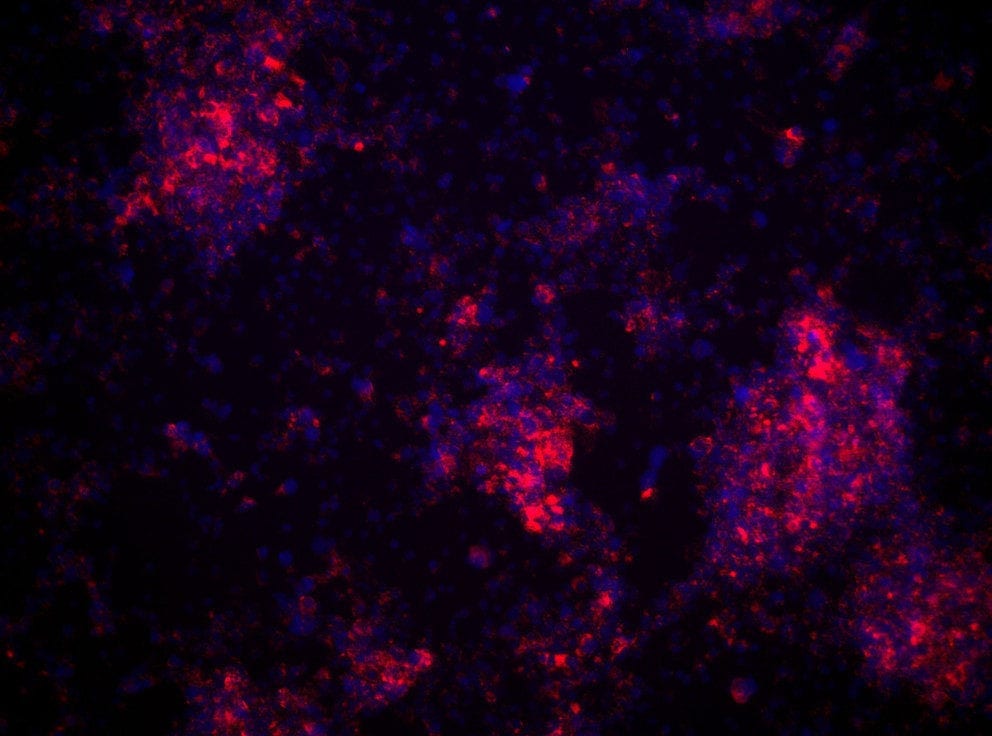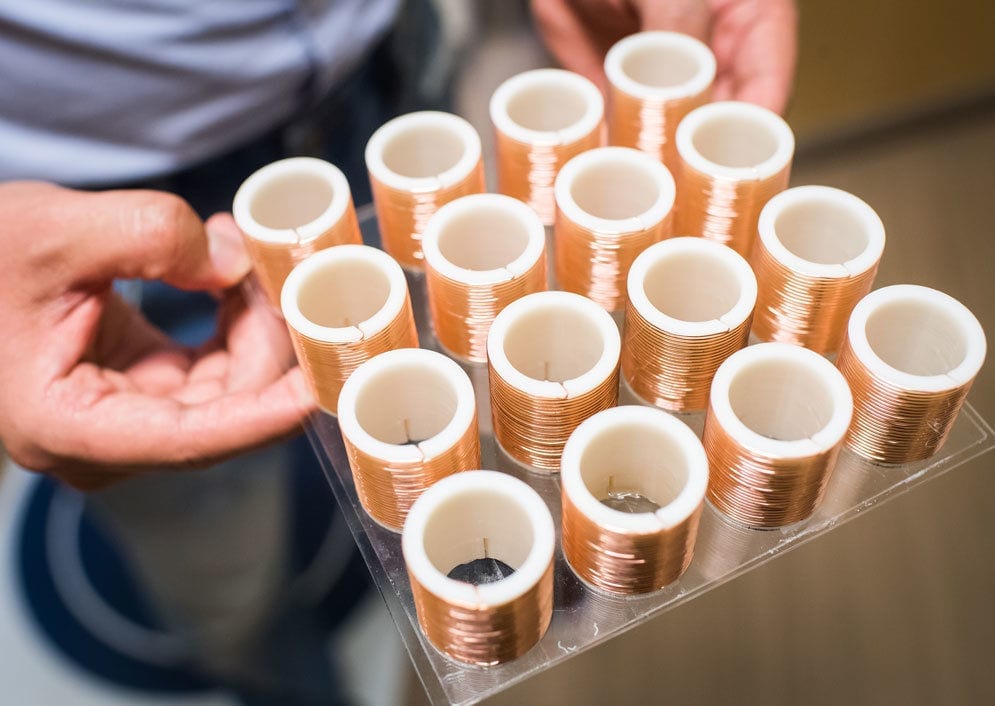
Viruses, spread through mosquito bites, cause human illnesses such as dengue fever, Zika and yellow fever. A new control technique harnesses a naturally occurring bacterium called Wolbachia that blocks replication of viruses and breaks the cycle of mosquito-borne disease, according to an international team of researchers.
“Wolbachia is present in around 50 percent of all insects,” said Beth McGraw, professor and Huck Scholar in Entomology at Penn State, who did this research while at Monash University. “Interestingly it is not present in some of the major mosquito vectors (insects that transmit pathogens). After researchers put Wolbachia into mosquitoes, they found that, quite excitingly, Wolbachia effectively vaccinates mosquitoes, preventing viruses from replicating.”
Spread by Aedes aegypti mosquitoes, dengue virus affects millions of people each year. Symptoms include fever, body aches and nausea, although a more severe version, known as dengue hemorrhagic fever, can be fatal.
In the tropics and subtropics where Ae. aegypti resides, several large releases of Wolbachia are underway to test whether Wolbachia can reduce the incidence of human disease.
In a paper published recently in Virus Evolution, McGraw and her team report that dengue virus failed to evolve resistance to Wolbachia in controlled lab-based experiments. These findings show promise for the long-term efficacy of Wolbachia following field release.
“I am continually surprised by Wolbachia,” said McGraw. “I thought we would get dengue variants that would evolve resistance. Wolbachia is doing a better job than I expected at controlling virus replication in cells.”
The researchers took dengue virus and infected mosquito cells that either had Wolbachia or were free of bacteria. After five days, they collected the viruses that had been released from the cells and used them to infect fresh cells.
“Dengue takes over the machinery of the host cells, makes lots of copies of itself, and then it buds or burst out of the cell,” explained McGraw.
After nine rounds of passaging the virus through mosquito cells, the team found that the amount of virus released was stable in the Wolbachia-free cells. However, in the presence of Wolbachia, virus levels crashed — and in some cases, disappeared completely.
Dengue viruses grown with Wolbachia were also less effective at infecting mosquito cells and had reduced ability to replicate, compared to viruses grown without the bacterium.
Although this is good news for the control of dengue and other mosquito-transmitted diseases, the researchers note the study has limitations. The researchers used mosquito cells — which may not reflect what happens within the whole insect. And outside the lab, where mosquito populations are much larger, there may be more opportunities for the virus to develop resistance to Wolbachia.
“I think our study suggests that the evolution of resistance to Wolbachia in the virus is challenging,” said McGraw. “I don’t think it’s a guarantee that the virus is not going to evolve under field conditions because the natural system is much more complex. The real experiment is being done in the field right now, because Wolbachia has been released into communities in Australia, Indonesia and Brazil, among others. Monitoring in release areas will be needed to test for the emergence of resistance in the virus.”
The Latest on: Wolbachia
[google_news title=”” keyword=”Wolbachia” num_posts=”10″ blurb_length=”0″ show_thumb=”left”]
via Google News
The Latest on: Wolbachia
- Dealing a knockout blow to dengueon April 27, 2024 at 3:15 pm
Bacteria-based solutions such as Wolbachia could prevent mosquitos expansion due to climate change. - PIXABAY/Filepic ...
- The heart of the matter: Heartworm disease in dogson April 26, 2024 at 11:31 pm
Immature heartworms enter through the skin when an infected mosquito bites the dog. These immature worms grow to adulthood, mate and produce offspring inside the dog, disturbing normal blood flow and ...
- Dirofilaria immitis: The monster then and nowon April 26, 2024 at 6:25 am
In 1586, Chez Jean Wolf created a sketch of a “monster” that had been found inside the heart of a horse. It was later identified as Dirofilaria immitis, also known as heartworm. 1 ...
- As the planet warms, watch out for dengue feveron April 25, 2024 at 6:58 am
The number of people contracting dengue has risen dramatically. In 2000 about 20,000 people died of it, according to the World Health Organisation ( WHO ). This year at least 40,000 will perish. By ...
- Mosquito season is upon us. So why are Southern California officials releasing more of them?on April 25, 2024 at 3:00 am
Vector control officials in Southern California are starting to release sterilized male mosquitoes to combat the summertime onslaught of ankle biters.
- Dawn of a worse dengue eraon April 23, 2024 at 3:56 pm
The Health Ministry estimated in 2017 that a dengue outbreak, which sickened around 200,000 people, cost the economy nearly Rp 1 trillion (US$61 million).
- EPA Announces Registration of Groundbreaking New Mosquito Control Solutionon April 23, 2024 at 2:00 pm
MosquitoMate, Inc., a leader in innovative mosquito control solutions, today announced that the United States Environmental Protection Agency (EPA) has granted registration for its revolutionary new ...
- Spike in arboviral diseases shows need for vaccine development: experton April 23, 2024 at 6:58 am
The rising incidence and spread of arboviral diseases to new places show the need for the development of new vaccines, project leader for the mRNA and viral ...
- Health Minister pushes Wolbachia for dengue fight at Bali summiton April 22, 2024 at 8:51 am
Indonesia's Health Minister Budi Gunadi Sadikin emphasized the importance of using Wolbachia in controlling dengue fever outbreaks when speaking at the ...
- Innovative strategies for combating dengue's menaceon April 21, 2024 at 10:55 pm
El Nino has also made Southeast Asia, Australia and southern Africa drier and warmer and worsened drought in the northern areas of South America.The phenomenon increases the risk of diseases, ...
via Bing News










